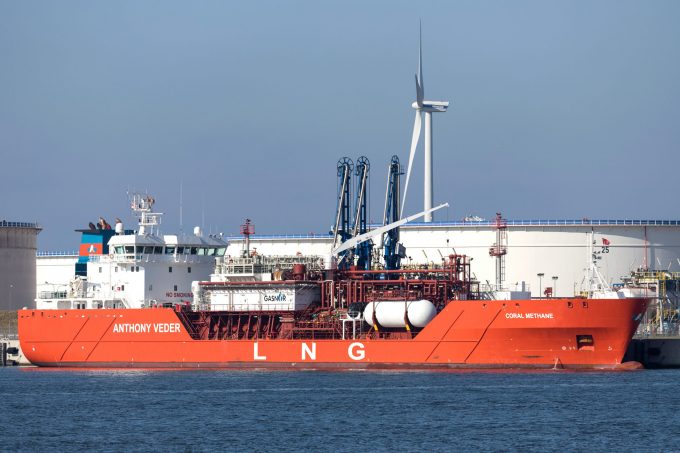Pricing deterrents have 'negligible impact' on shipping emissions, says study
Transport and Environment (T&E) has urged regulatory bodies to adopt “bespoke action” in reducing shipping ...

Shipping has been in focus during the COP26 climate conference in Glasgow over the past two weeks, with pledges made by governments and private companies expected to drive changes in the supply chain as a whole.
International Maritime Organization (IMO) secretary general Kitack Lim told The Loadstar on the first day of the two-week conference that what happened at COP26 would most ...
Maersk u-turn as port congestion increases across Northern Europe
Apple logistics chief Gal Dayan quits to join forwarding group
Maersk Air Cargo sees volumes fall as it aims for 'margin in favour of revenue'
Airlines slash freighter capacity post-de minimis, but 'the worst is yet to come'
Houthis tell Trump they will end attacks on Red Sea shipping
Transpac rates hold firm as capacity is diverted to Asia-Europe lanes
MSC revamps east-west network as alliance strategies on blanking vary
India-Pakistan 'tit-for-tat' cargo ban sparks sudden supply chain shocks


Comment on this article